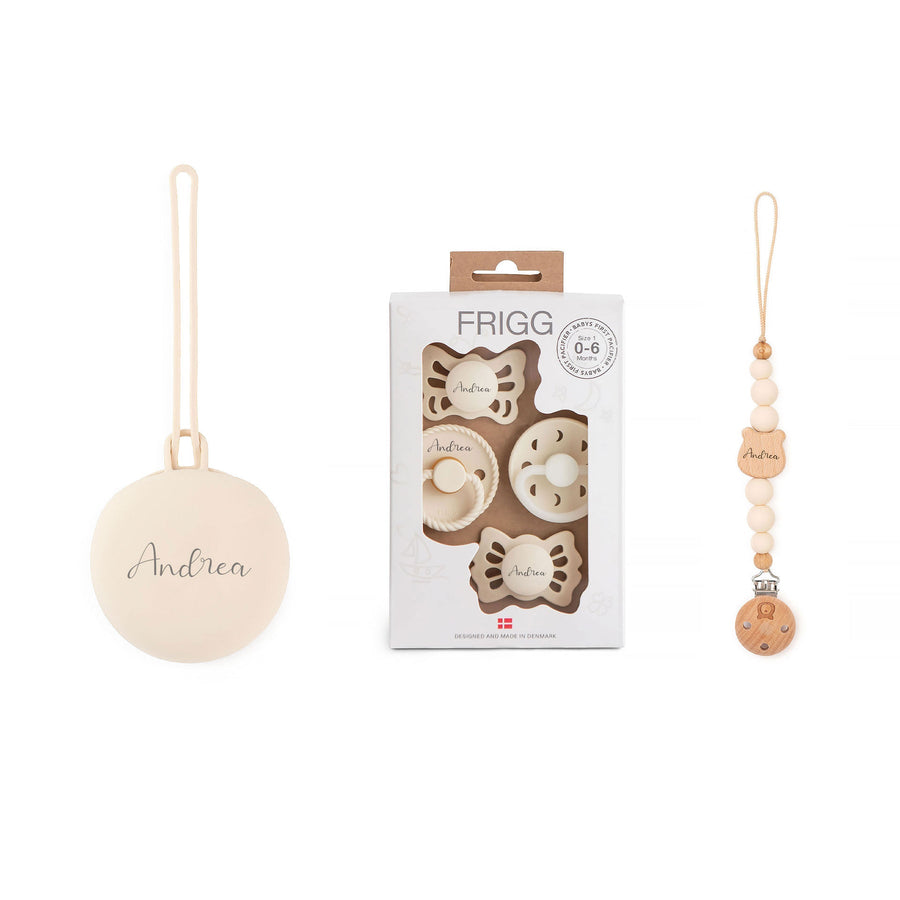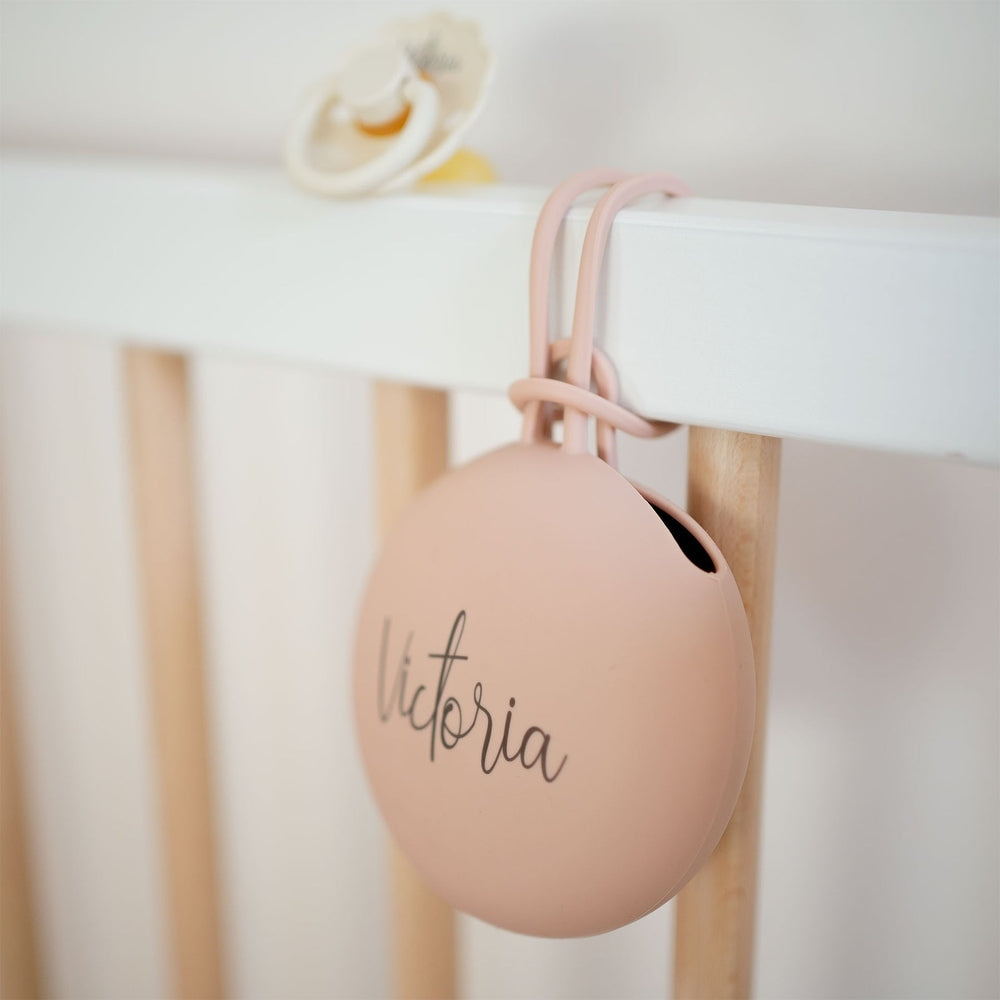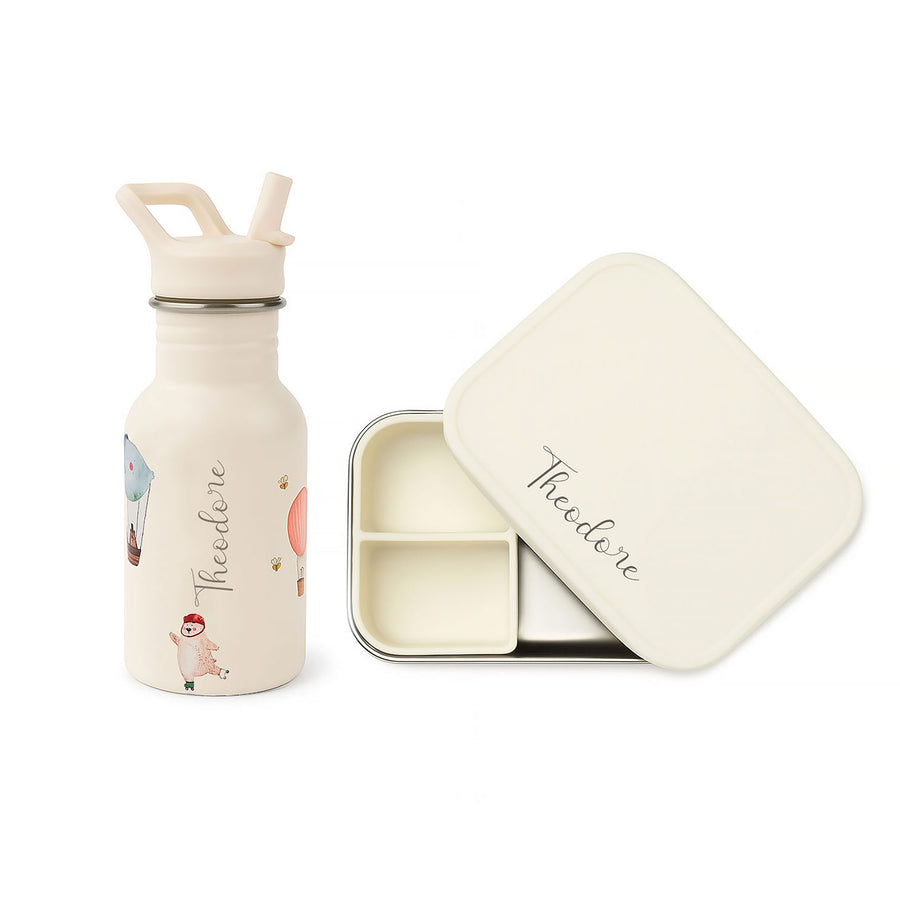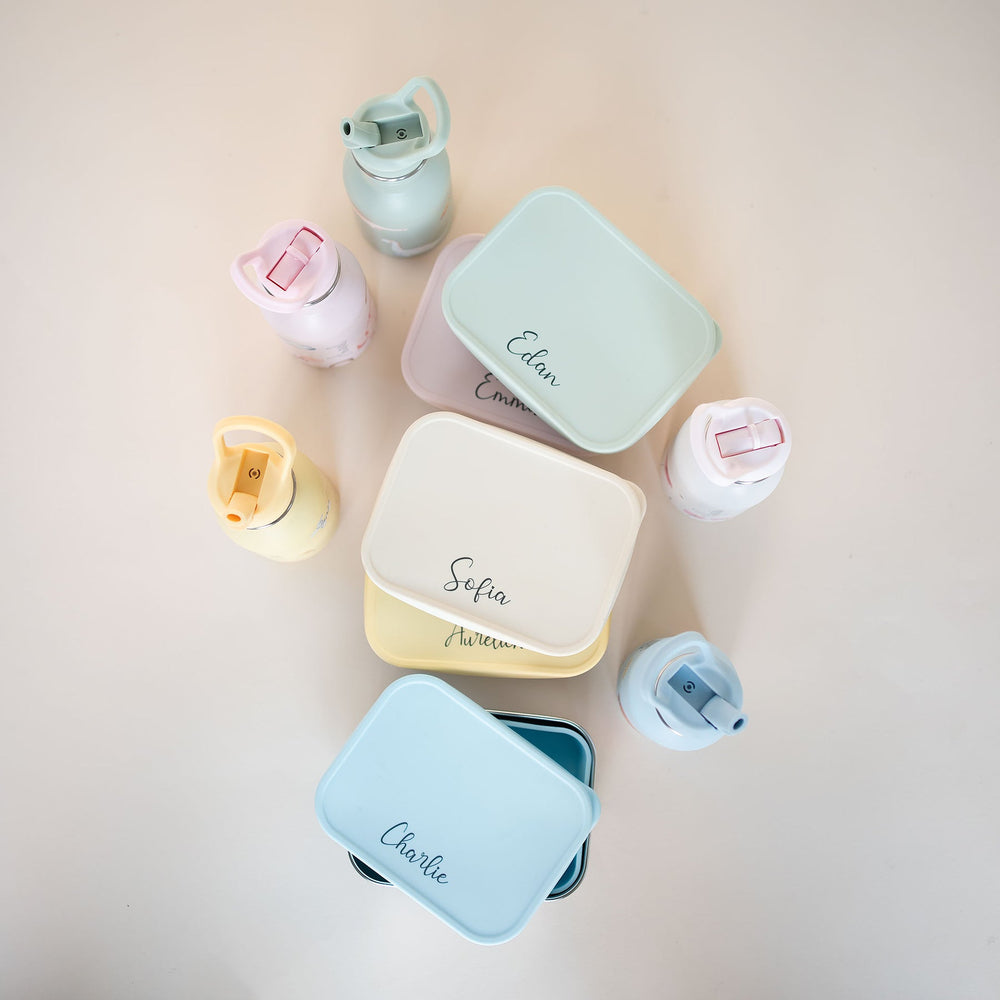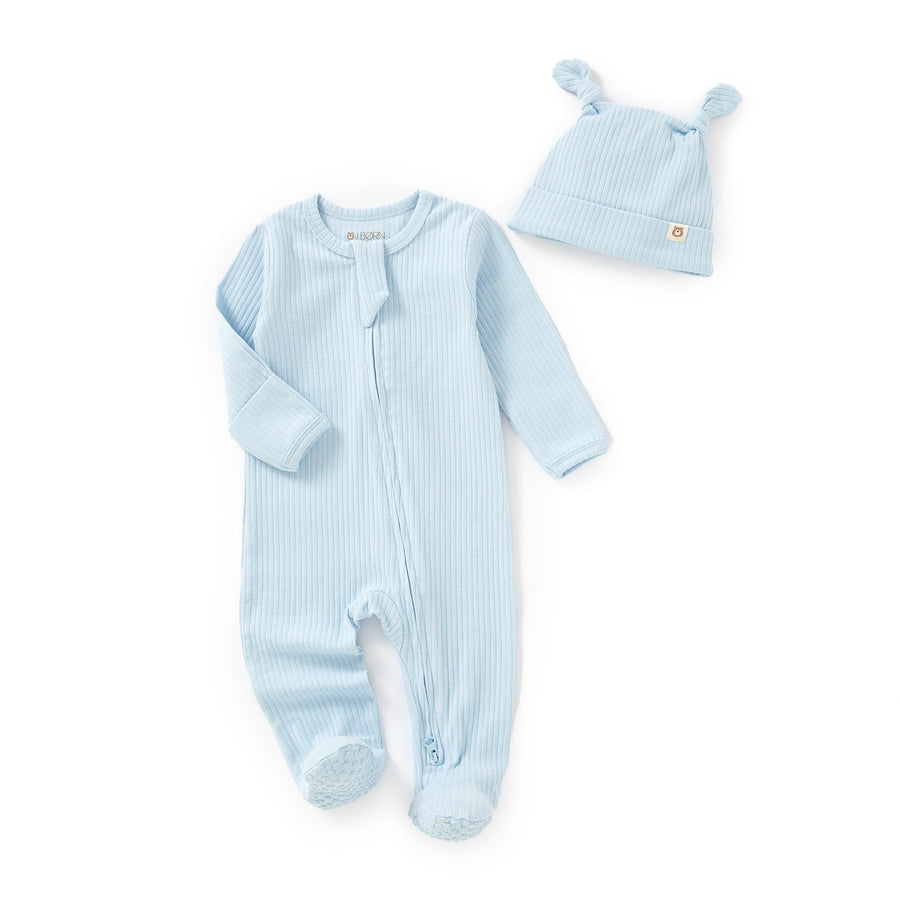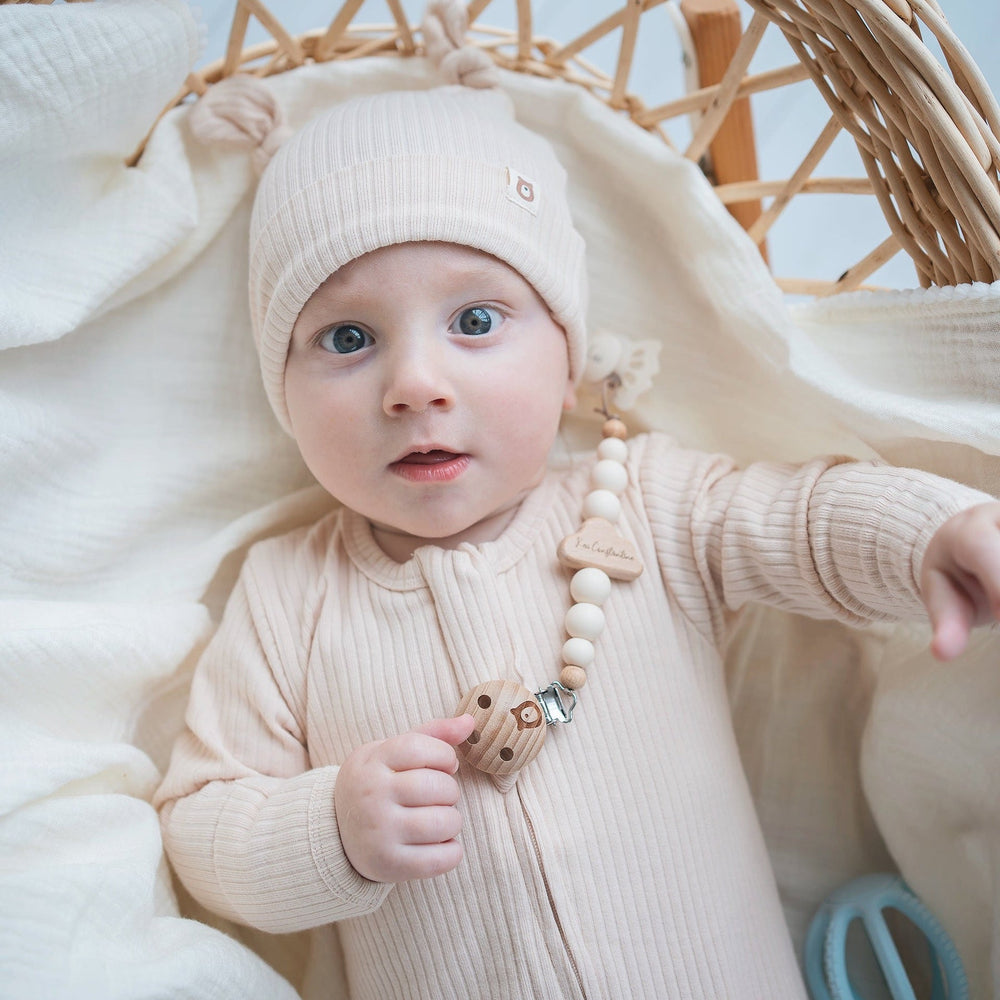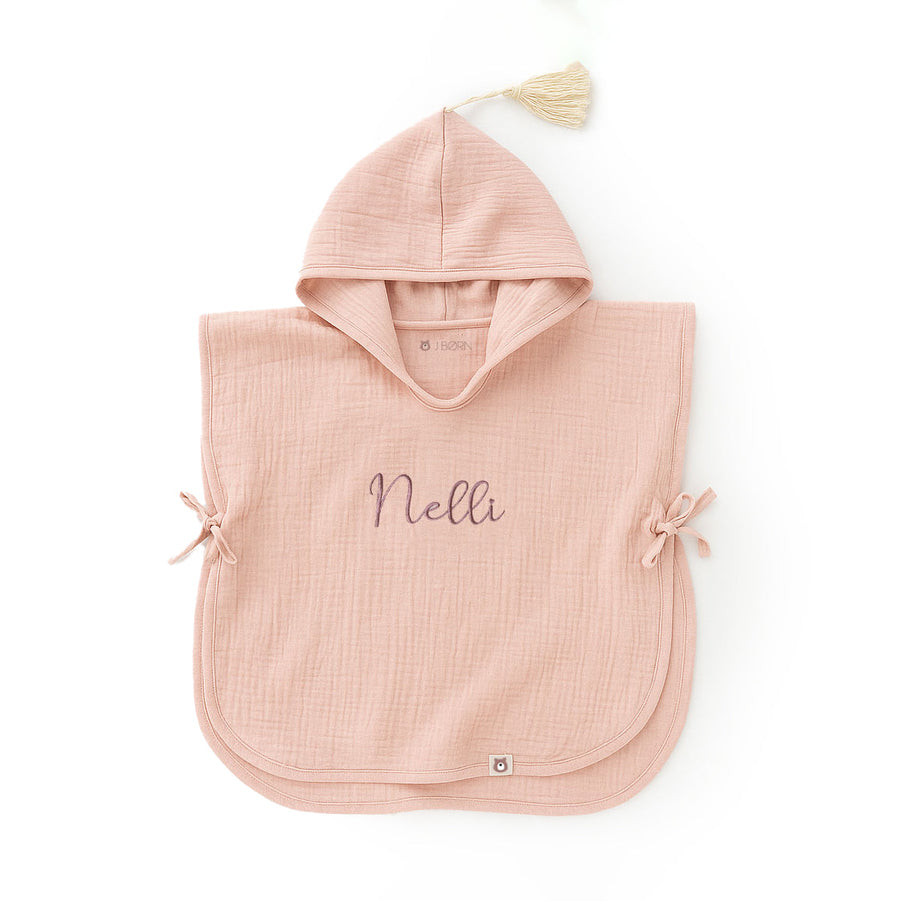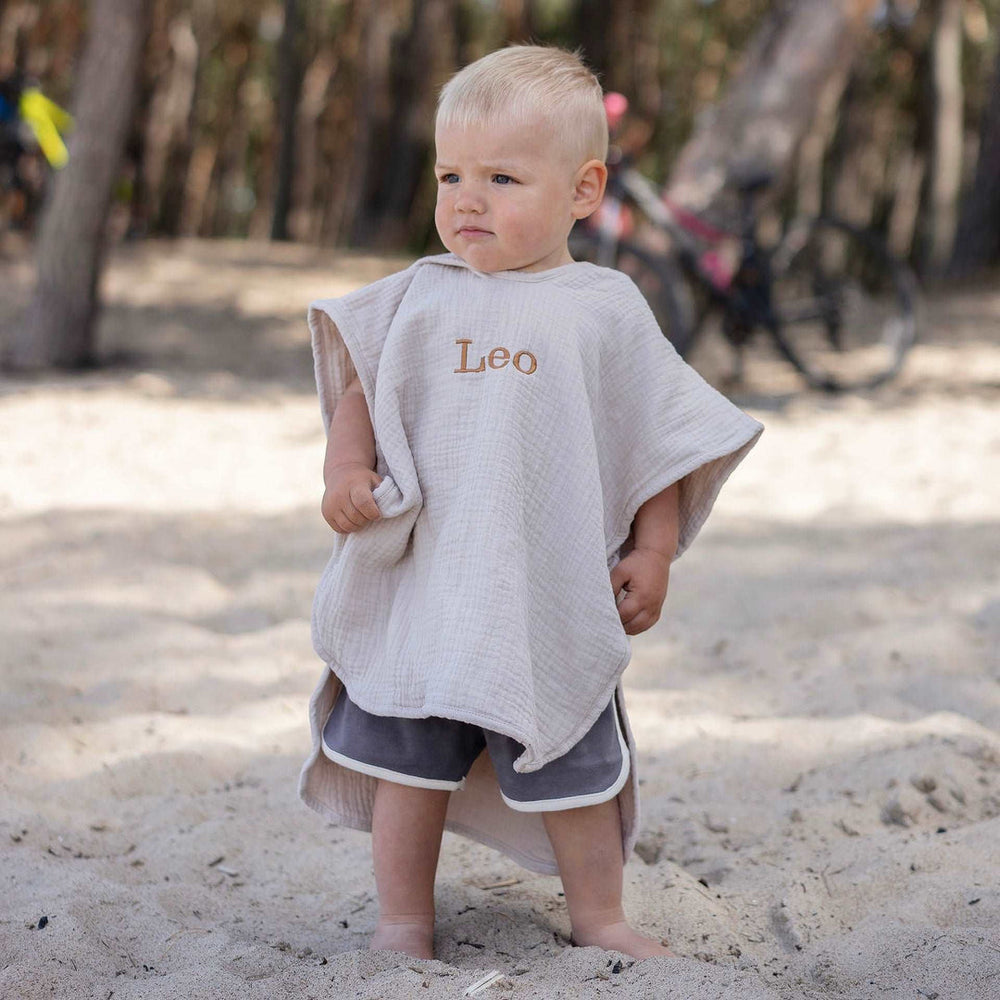Polyester vs Bio-Baumwoll-Bademäntel: Welcher ist am besten für die Haut Ihres Babys?
Als frischgebackene Eltern wollen Sie nur das Beste für Ihren kostbaren kleinen Schatz. Von den weichsten Decken bis zu den sanftesten Seifen fühlt sich jede Entscheidung monumental an, wenn es um den Komfort und das Wohlbefinden Ihres Babys geht. Eine Entscheidung, die Eltern oft beschäftigt, ist die Wahl des richtigen Materials für den Bademantel Ihres Babys – dieses kuschelige Must-have, das Ihr Kleines nach dem Baden in Wärme hüllt.
Bei so vielen verfügbaren Stoffoptionen kann die Wahl zwischen Polyester- und Bio-Baumwoll-Bademänteln überwältigend wirken. Sollten Sie Erschwinglichkeit, Haltbarkeit oder natürliche Materialien priorisieren? Heute werden wir beide Optionen gründlich erkunden, um Ihnen zu helfen, eine informierte Entscheidung zu treffen, die mit Ihren Werten und den Bedürfnissen Ihres Babys übereinstimmt.
Bio-Baumwolle ist das Geschenk der Natur für die Babyhaut
Bio-Baumwolle stellt den Goldstandard bei natürlichen Babytextilien dar. Im Gegensatz zu konventioneller Baumwolle wird Bio-Baumwolle ohne synthetische Pestizide, Herbizide oder chemische Düngemittel angebaut, was sie zu einer der reinsten Stoffoptionen für Ihr Kleines macht.
Warum Bio-Baumwolle die beste Wahl für die Babypflege ist
Sanft zur empfindlichen Haut: Die Haut Ihres Babys ist bis zu fünfmal dünner als die von Erwachsenen und daher äußerst empfindlich gegenüber Reizstoffen. Die ultraweichen Fasern von Bio-Baumwolle sind von Natur aus hypoallergen und frei von chemischen Rückständen, die Reaktionen oder Ausschläge auslösen könnten. Das Fehlen scharfer Verarbeitungschchemikalien bedeutet ein geringeres Risiko für Hautreizungen, was sie ideal für Babys mit Ekzemen oder empfindlichen Hautzuständen macht.
Überlegene Atmungsaktivität: Eine der größten Stärken von Bio-Baumwolle ist ihre natürliche Fähigkeit, die Temperatur zu regulieren. Die Fasern leiten Feuchtigkeit natürlich von der Haut Ihres Babys weg und lassen gleichzeitig Luft frei zirkulieren. Dies verhindert Überhitzung und hält Ihr Kleines während der ausgedehnten Kuschelsessions nach dem Bad angenehm.
Umweltverantwortung: Die Wahl von Bio-Baumwolle bedeutet, landwirtschaftliche Praktiken zu unterstützen, die unseren Planeten für zukünftige Generationen schützen. Ohne giftige Pestizide, die in Gewässer gelangen, oder scharfe Chemikalien, die den Boden kontaminieren, schafft die Bio-Baumwollproduktion eine sauberere Umwelt, die Ihr Kind erben wird.
Langfristige Investition: Während Bio-Baumwoll-Bademäntel anfangs teurer sein können, werden sie mit jeder Wäsche tatsächlich weicher und luxuriöser. Die natürlichen Fasern behalten ihre Integrität über die Zeit, was bedeutet, dass Ihre Investition mehrere Kinder überdauern oder an andere Familien weitergegeben werden kann.
Polyester, die synthetische Alternative
Polyester ist ein künstlich hergestellter, synthetischer Stoff, der aus erdölbasierten Chemikalien gewonnen wird. Es ist in Babyprodukten aufgrund seiner praktischen Vorteile und breiten Verfügbarkeit unglaublich beliebt geworden.
Vorteile von Polyester
Kostengünstige Option: Polyester-Bademäntel sind in der Regel günstiger, was sie zu einer attraktiven Wahl für preisbewusste Familien oder solche macht, die mehrere Bademäntel benötigen.
Schnelltrocknende Eigenschaften: Dank seiner wasserabweisenden Natur trocknet Polyester bemerkenswert schnell – ein praktischer Vorteil für vielbeschäftigte Eltern, die häufige Wäsche bewältigen müssen.
Pflegeleicht: Polyester ist knitterresistent und behält seine Form gut, benötigt wenig Bügeln und keine besonderen Pflegeanweisungen.
Wichtige Hinweise
Atmungsaktivitätsbedenken: Die synthetische Natur von Polyester bedeutet, dass es nicht wie natürliche Fasern atmet. Dies kann Wärme und Feuchtigkeit an der Haut Ihres Babys einschließen, was zu Unbehagen, Überhitzung oder Hautreizungen führen kann – besonders problematisch in wärmeren Monaten oder bei von Natur aus warmen Babys.
Texturunterschiede: Obwohl moderner Polyester sich deutlich verbessert hat, kann er die natürliche Weichheit und den Komfort von Bio-Baumwolle nicht erreichen. Einige Babys empfinden synthetische Stoffe als weniger angenehm auf ihrer empfindlichen Haut.
Umweltauswirkungen: Als plastikbasiertes Material trägt Polyester beim Waschen zur Mikroplastikverschmutzung bei, und seine Herstellung beruht auf nicht erneuerbaren Erdölressourcen. Außerdem ist Polyester nicht biologisch abbaubar, was langfristige Umweltprobleme verursacht.
Das Urteil: Die beste Wahl für Ihr Baby treffen
|
Faktor |
Bio-Baumwolle |
Polyester |
|
Hautempfindlichkeit |
Ausgezeichnet – hypoallergen & sanft |
Gut – kann aber Reizungen verursachen |
|
Atmungsaktivität |
Überlegen – natürliche Temperaturregulierung |
Schlecht – kann Wärme & Feuchtigkeit einschließen |
|
Weichheit |
Außergewöhnlich – wird mit der Zeit weicher |
Mäßig – synthetisches Gefühl |
|
Umweltbelastung |
Ausgezeichnet – nachhaltig & biologisch abbaubar |
Schlecht – auf Erdölbasis, Mikroplastik |
|
Kosten |
Höhere Anfangsinvestition |
Anfangs günstiger |
|
Haltbarkeit |
Ausgezeichnet – wird mit dem Waschen besser |
Gut – behält die Form |
Unsere Empfehlung: Für die Gesundheit und den Komfort Ihres Babys sowie für die Zukunft unseres Planeten ist Bio-Baumwolle die klare Wahl. Obwohl die Anfangsinvestition höher sein mag, sind die Vorteile für die empfindliche Haut und das allgemeine Wohlbefinden Ihres Kindes es wert. Die überlegene Atmungsaktivität, hypoallergenen Eigenschaften und die Umweltverantwortung von Bio-Baumwolle passen perfekt zum Wunsch der meisten Eltern, ihren Kleinen die sicherste und komfortabelste Erfahrung zu bieten.
Denken Sie daran, Sie wählen nicht nur einen Bademantel – Sie treffen eine Entscheidung, die Ihre Werte und Prioritäten als Elternteil widerspiegelt. Vertrauen Sie Ihrem Instinkt, berücksichtigen Sie die speziellen Bedürfnisse Ihrer Familie und wissen Sie, dass Sie mit der Wahl von Bio-Baumwolle Ihr Baby in die beste Naturkleidung hüllen und gleichzeitig zu einer gesünderen Welt für seine Zukunft beitragen.
Ihr Baby verdient nur das Beste, und Bio-Baumwolle bietet genau das – reine, sanfte Behaglichkeit, bei der Sie sich gut fühlen können.




